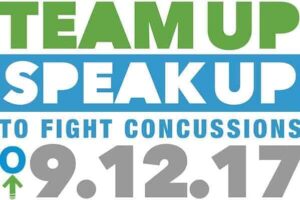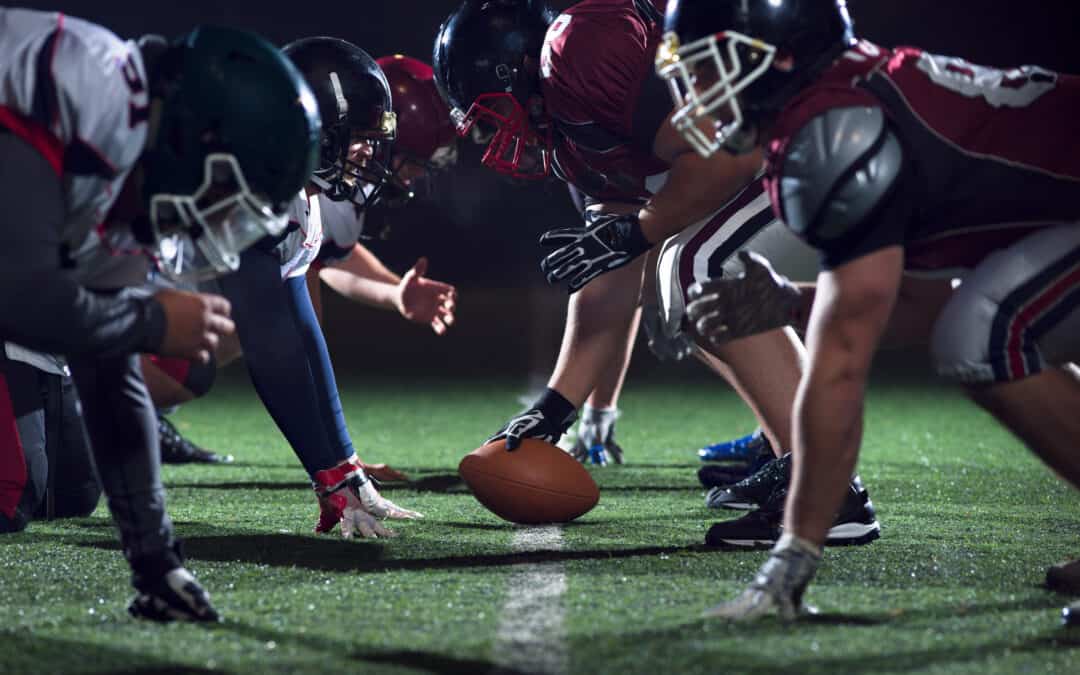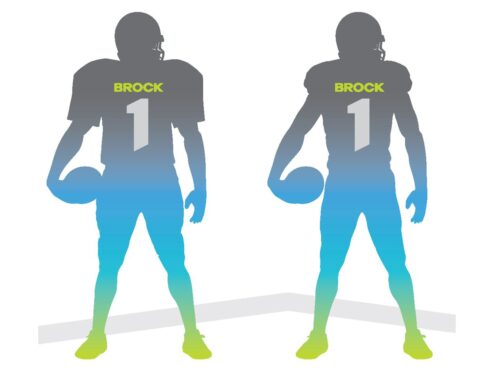The NFL reported 244 concussions occurred during practices and games in the 2016 season. Following Gisele Bundchen’s claim that her husband, Tom Brady, suffered a concussion during the season, concern is growing that the NFL’s statistics may not tell the full story. Gisele explained, “He has concussions pretty much every – I mean, we don’t talk about it. He does have concussions.” Tom Brady hasn’t been listed on an injury report with a concussion since 2003. Brady did not directly comment on Gisele’s allegations.
Drew Brees, quarterback of the New Orleans Saints, came to Brady’s defense, agreeing he would also hide concussions from his wife, because he “wouldn’t want her to worry.” Brees admitted to staying in games despite knowing he was concussed. Former Detroit Lions player Calvin Johnson also confessed to hiding concussions, and told the Detroit Free Press “Guys get concussions, they don’t tell the coaches. It happens. I don’t tell the coach sometimes cause I know I got a job to do.”
A 2014 study published in the Journal of Neurotrauma found only 1 in 6 football concussions are properly diagnosed. Concussions can go unnoticed because they can be difficult to spot, and players may not be aware they have one. Players who hide symptoms further hinder the process of diagnosing and treating a concussion. Professional athletes who hide symptoms may feel they are acting in the best interest of the team, but this risky behavior is being copied by the younger athletes who idolize them. A Reuters Health study found that high school boys were up to 11 times less likely than girls to report concussion symptoms because they didn’t want “coaches or teammates to think they were weak or get mad.” The study suggested athletes don’t always report their own concussions, but tend to be more mindful of their teammates and friends.
Team Up Speak Up Day is an initiative carried out by the Concussion Legacy Foundation to encourage youth athletes to report concussions symptoms in teammates. The inspiration for this event goes all the way back to 1905, when Harvard University Head Football Coach Bill Reid wrote down his annual safety speech. Reid said, “In case any man in any game gets hurt by a hit on the head so that he does not realize what he is doing, his teammate should at once insist that time be called and that a doctor come onto the field to see what is the trouble.”
Chris Nowinski, former Harvard football player and head of the Concussion Legacy Foundation, was shocked when he found the speech. Nowinski said reading it made him “realize that we’ve actually known about concussions for a really long time. And now we [ignore] them. There’s been a reason to forget about this, and it wasn’t in the interest of players, but it was in the interest of people trying to make money off the game.” Nowinski thinks reviving the old speech will teach young athletes they have a responsibility to protect their teammates.
On Team Up Speak Up Day, coaches across the country give Coach Reid’s speech to their team. Coaches emphasize a teammate with a concussion is a teammate that needs help, and being a good teammate means looking out others. The first Team Up Speak Up Day was held on September 13, 2016. Over 3 million young athletes in 150 different organizations heard the speech from a coach, athletic trainer, or team captain. As the event grows, the Concussion Legacy Foundation hopes to reach more of the 44 million youth athletes in the United States.
Team Up Speak Up Day is one of the initiatives trying to protect athletes and change concussion culture. Hiding symptoms of injuries is problem in sports at all levels. Ben Roethlisberger explained, “you can replace a lot of body parts, but you can’t replace a brain… I would encourage any player who has an issue with their brain to report it properly… We are blessed to play this game but we also have a life to live.” Changing concussion culture and educating athletes on the dangers of hiding symptoms can help create a safer sports environment.







